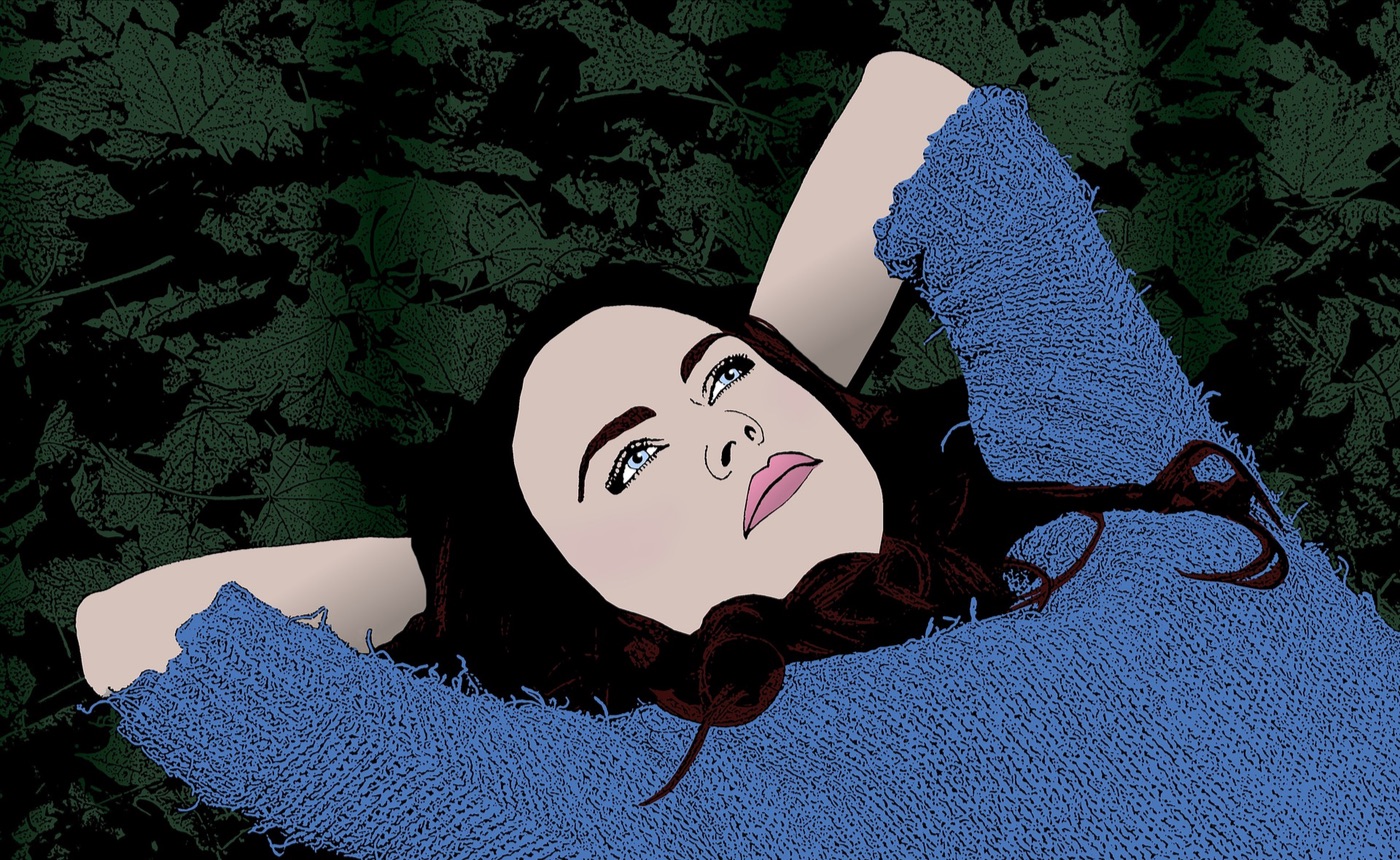The reality of my situation set in shortly after my phone pinged with the NHS text. My body would soon scream at me through shakes and fatigue, alerting me that the text was only confirming that the worst was yet to come.
Your coronavirus test result is positive. It means you had the virus when the test was done. Try not to worry.
Is there anything more British than that? Stiff upper lip for the 2020 era: an auto generated transmission letting you know that the deadly virus that’s shut down our lives for the past nine months is now thriving inside of you.
But ‘try not to worry.’
But what happens when that very same virus triggers the kind of ‘worry’ that is clinical?
We’re all aware by now of the COVID-19 pandemic’s dire impact on our collective psyche.
We’ve watched it play out in real time: friends sheltering alone going without human touch; budding relationships stunted by social distancing; kisses replaced by elbow bumps.
Knowing this, I tried to ward off the virus while still maintaining my mental wellbeing. I stayed up to date on the ever-evolving rules and followed them with precision. Then my boyfriend came home with a cough.
‘Try not to worry.’
Even the most fastidious preventative measures cannot withstand sharing a bed with a key worker. As I pressed a stick against my tonsils, eyes streaming, I was utterly symptomless and slightly bemused at the idea I might have ‘it.’ I had been so careful.
The text arrived the next morning. By night-time, the symptoms had too.
Along with the cough and fever came an unfamiliar neighbour: a devastating low that my worried mind had never experienced before. All the colour was drained from my world for the first time. It was as if the virus had taken control of my brain and convinced itself that my life was a misery. I’d stumbled into a cold, dark room I’d never seen before, and couldn’t find the door to get out.
‘Try not to worry.’
In the past, I’d always been able to look at the positive aspects of my life and find a way forward. Friends often likened me to sunshine, a compliment I’d laugh off but felt secretly proud of. I could shine through anything: illness, unforeseen job setbacks, and even my own father’s death. How could I cope with that and not this? I was suddenly numb to the joy I’d always been able to find.
To make matters worse, I grappled with extreme shame for contracting the virus and felt guilty for not being strong enough to cope with this side effect.
I isolated myself, googling desperately only to find generic pandemic mental health advice.
Meanwhile, ‘election fever’ took on a whole new meaning as I woke each hour, shivering, to check the US results.
The roof caved in on a polling place in Georgia, an apt metaphor that the sky was falling across the pond as well as within my own four walls.
‘Try not to worry.’
My GP soon confirmed I was suffering from a depressive episode triggered by the virus. And thankfully, as COVID began to leave my system, so did the intense low.
In the meantime, I experienced the kind of tear-springing, heart-in-mouth kindness from friends and family that seeped the colour back into my life. Just hearing them tell me they loved me was often enough.
To cope, I slept (a lot!), took regular baths and watched romantic comedies from the early 2000s – so soothing! – all whilst reminding myself: this too shall pass.
Researchers from the University of Oxford and NIHR recently found that 1 in 5 COVID patients will develop a psychiatric illness within 90 days of infection. On top of the worries caused by contracting COVID, new research shows the virus may affect the brain itself.
In all the talk around pandemic mental health, why aren’t we talking more about this?
A month on, I am recovered – from COVID-19 and depression – but the aftershocks linger. I am making my way back to me after losing myself for a moment. It’s been hard to open up and tell those around me about how badly I suffered. I am grateful my physical symptoms were not more severe, but the mental toll the virus took on me is still difficult to articulate. But I know that seeing inside that cold, dark room – just for a moment – has strengthened my empathy for those around me who inhabit it regularly.
I now know I’m not alone in my COVID depression experience. If googling in the middle of the night brought you here: hello! Take this as an outstretched hand – well, elbow bump – from me.
You’ll be told: ‘try not to worry’ – but it’s OK if you do.


